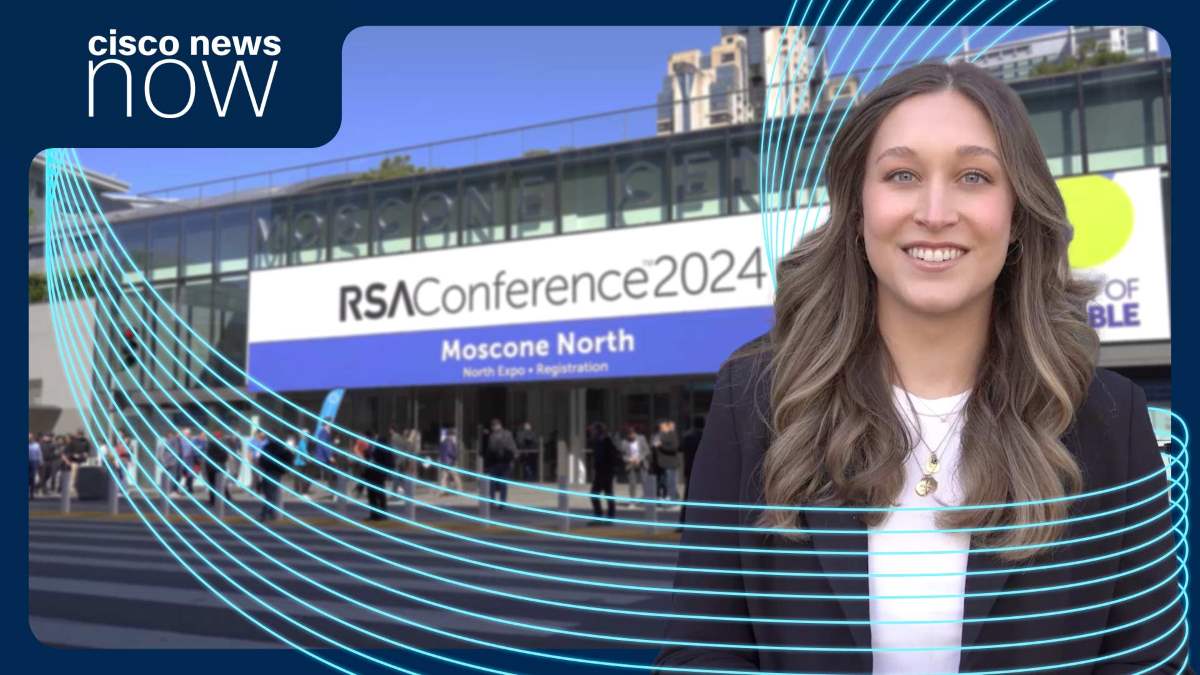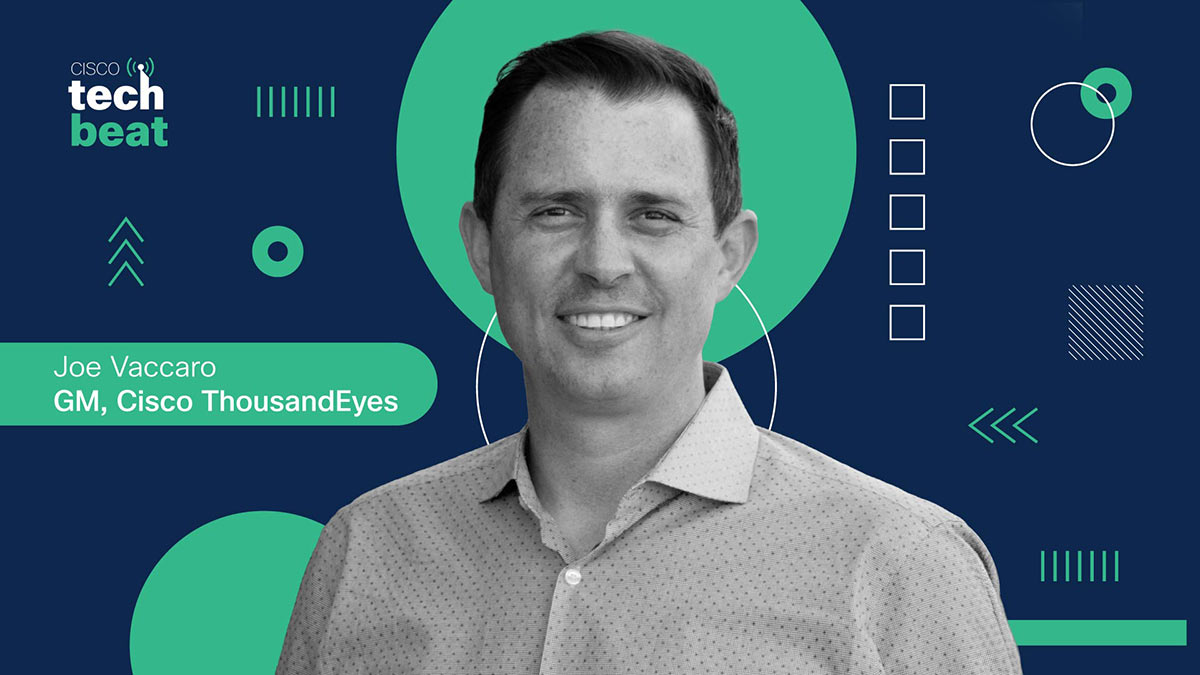ISTANBUL, Turkey - April 7, 2009 - At the United Nations' Alliance of Civilizations Forum, Cisco today announced Dialogue Café, a visionary initiative designed to connect diverse groups of citizens from around the world to stimulate ideas that address social, environmental and economic issues, such as youth literacy and job skills needed for the 21st century. The cafés will bring ordinary people together to share their common interests and concerns. They will be linked by life-size, high-definition video and sound allowing people from different cities and cultures to talk and meet despite being located on different sides of the world.
Facts / Highlights:
- Dialogue Café is an open initiative, and its founders encourage other organizations to join. Under the patronage and institutional support of the United Nations' Alliance of Civilizations, Dialogue Café is initially being developed by the Anna Lindh Foundation, Calouste Gulbenkian Foundation, Cisco and United Cities and Local Governments (UCLG).
- The concept of Dialogue Café is based on the idea that ordinary people, given the opportunity, will explore their common interests - even across geographical and political divides. Cisco TelePresence screens in cafés will enable people to chat, exchange ideas and collaborate in new ways.
- The initiative started in September 2008 and is currently in the research stage with the involvement of students from the Central Saint Martins College of Art and Design of the University of Arts London, Istanbul Bilgi University and New York University.
- As part of their research, students from the three partner universities are investigating how TelePresence can be used to enable people to share common interests and develop a mutual understanding of each other's cultures and civilizations. The project also defines target users, by studying how people are currently engaging in cafés around the world. The outcome of the research will be used to shape the operational and governance model of Dialogue Café.
- The first cafés are expected to be up and running by October 2009 in seven cities across the globe, including Amman,Jordan; Doha, Qatar; Istanbul, Turkey; London, New York, Paris and Shanghai, China. Additional cities will be added in conjunction with the Shanghai World Expo, in May 2010.
- Over time, Dialogue Café will align with a wider range of global organizations to innovate and design solutions that will broaden health care availability, promote sustainable urban development, address youth literacy and job skills for the 21st century, and support community initiatives through greater connectedness amongst people from all walks of life.
Supporting Quotes:
- Jorge Sampaio, United Nation's High Representative for the Alliance of Civilizations, former president of Portugal
- Simon Willis, vice president, Cisco Internet Business Solutions Group
"By connecting people who are separated by distance but are curious about each other's lives and cultures, Dialogue Café can help break down the cultural barriers that often set us apart and can make us discover what unites us in our diversity."
"Cafés have long served as breeding grounds for great debate and grand designs. Dialogue Café is based on the idea that people have more in common than not. Given the opportunity, ordinary people will explore their common interests, even across geo-political divides. We see Dialogue Café as a new space for social innovation, combining the social potential of cafes with the power of TelePresence. The combination should exponentially expand our collective ability to solve problems and innovate as a global community."
Tags:
Social innovation, Public-private partnership, collaboration, Cisco TelePresence
Supporting resources:
- Visit Dialogue Café on the web at www.dialoguecafe.org; follow us on Twitter at http://twitter.com/dialoguecafe; or join us on FaceBook at http://www.facebook.com/home.php?ref=home#/group.php?gid=61124113269&ref=ts
- United Nations' Alliance of Civilization: http://www.unaoc.org/
- Anna Lindh Foundation: www.euromedalex.org
- Calouste Gulbenkian Foundation: http://www.gulbenkian.org.uk/
- Central Saint Martins College of Art and Design, University of the Arts London: http://www.csm.arts.ac.uk/
- NYU: http://www.nyu.edu/; http://itp.nyu.edu/itp/
- Istanbul Bilgi University: http://international.bilgi.edu.tr/
- United Cities and Local Governments: http://www.cities-localgovernments.org/uclg/index.asp
- The Connected Republic: http://theconnectedrepublic.org/
- Connected Urban Development: http://www.cisco.com/web/about/ac79/ps/cud.html
- Planetary Skin: www.planetaryskin.org/
- Intelligent Urbanisation global blueprint: http://newsroom.cisco.com/dlls/2009/prod_021209e.html
Other relevant Cisco initiatives:


